Damascus and its Kurds: America’s Syndrome!

Given that the U.S. presence is vital for the survival of the AANES, the prospect of withdrawal leaves the entire issue uncertain Akil Mahfouz writes in Athr Press.

Given that the U.S. presence is vital for the survival of the AANES, the prospect of withdrawal leaves the entire issue uncertain Akil Mahfouz writes in Athr Press.
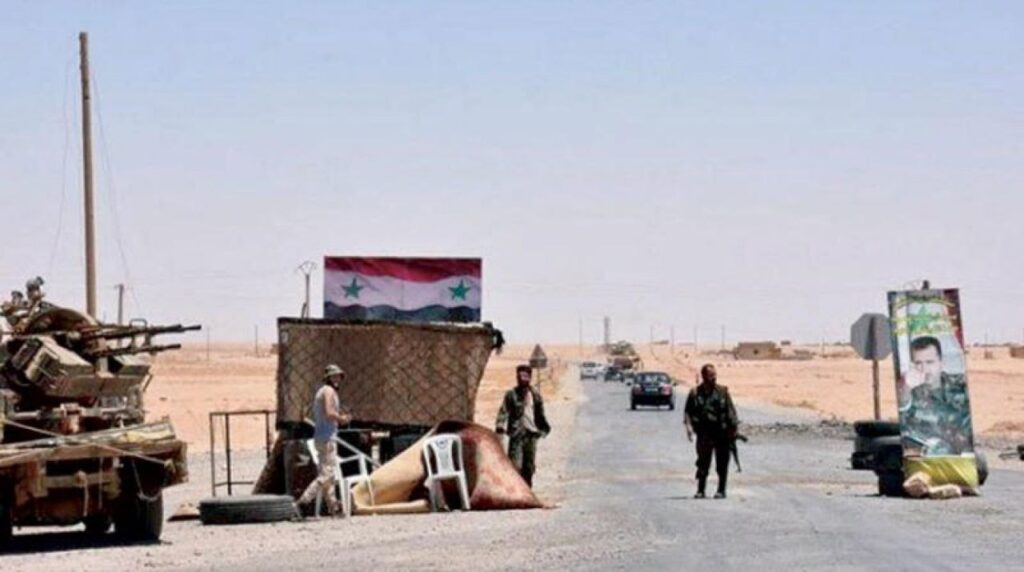
Iran aims to reinforce its forces in its areas of presence in Syria, according to Baladi News.
Informed sources have disclosed that the Iranian Revolutionary Guard militias have withdrawn thousands of Syrian members affiliated with them from the Aleppo governorate. These members were relocated to positions in the governorates of Hama, Deir-ez-Zor, and Homs.
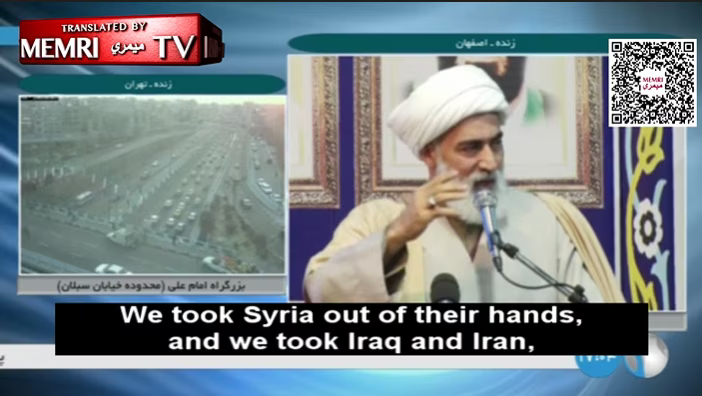
Iranian religious scholar Hamed Jadidi, a member of the Esfahan Basij cultural-social network said that Iran will “inshallah” conquer Saudi Arabia soon in a January 30, 2024 event in preparation for the upcoming elections, which was aired on IRINN TV (Iran). He said that Saudi Arabia is collaborating with the Zionists and that it asked China to mediate between it and Iran so the Houthis in Yemen wouldn’t attack them. Jadidi continued to claim that the Zionists orchestrated the coronavirus “super-project” so people would take the “Zionist vaccine,” like Pfizer, and implant nanochips into their body. He further explained that these nanochips would be activated through 5G networks and artificial intelligence, and this way the Zionists would have control over human beings.
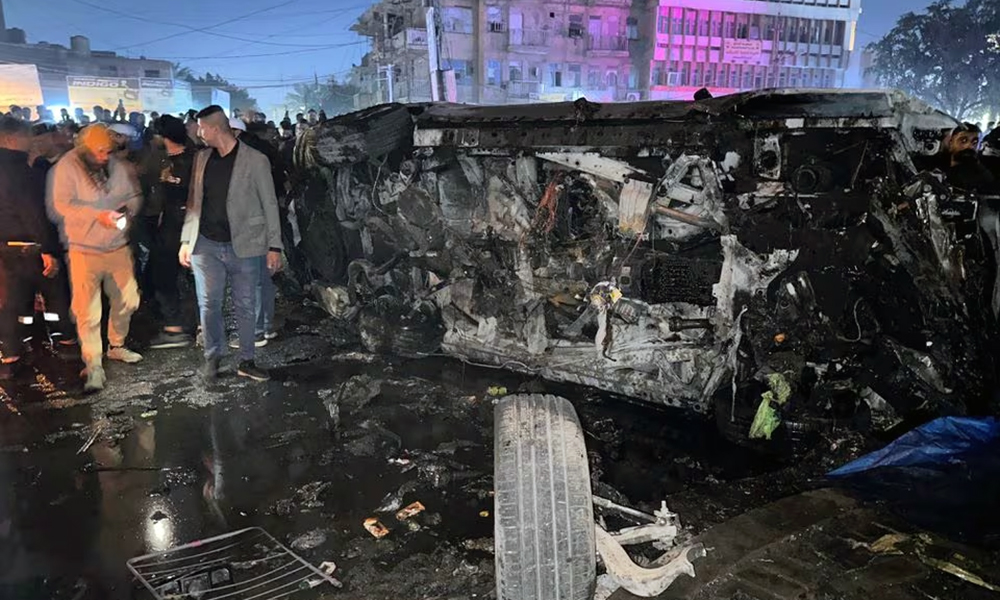
A commander from Kataib Hezbollah, an Iran-backed armed group in Iraq that the Pentagon has blamed for attacking its troops, was killed in a U.S. strike on Wednesday, the U.S. military said.
“(U.S.) forces conducted a unilateral strike in Iraq in response to the attacks on U.S. service members, killing a Kataib Hezbollah commander responsible for directly planning and participating in attacks on U.S. forces in the region,” a statement from the military said. It did not name the commander, Reuters reported.
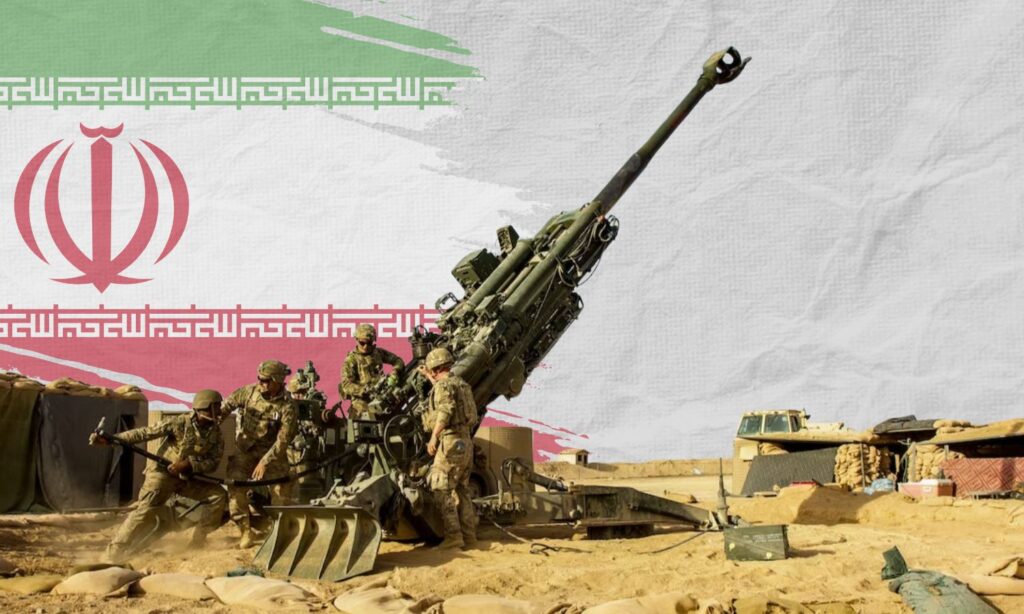
The US-Iranian escalation has taken a new turn when Washington announced strikes on command and control centers, intelligence facilities, and weapon storage facilities used by Iran-backed militias to attack American forces and the International Coalition.
Through a series of attacks, the United States targeted 85 locations in Syria and Iraq, in response to the killing of its soldiers by shelling for which Iran was accused of being involved.
On February 2, 2024, the U.S. Central Command (CENTCOM) reported that its forces had conducted airstrikes earlier that day against over 85 targets of Iran’s Islamic Revolutionary Guards Corps (IRGC) Quds Force and affiliated militias, including command and control operations centers, intelligence centers, rocket, missile, and unmanned aerial vehicle storage sites, and logistics and munition supply chain facilities.[1]
On February 3, 2024, the Houthi-run Yemen War Media Telegram channel posted a 44-minute video depicting a military exercise carried out by units from “reserve and central intervention forces” of the Yemeni armed forces. The video was titled, “Yemen is the Support of Palestine.” The exercise simulated attacks on American, British, and Israeli positions and the takeover of bases and “settlements of the Zionist enemy,” that were similar to the Hamas attack on Israel on October 7, 2023. The drill, which was also broadcast live on The Houthis’ Al-masirah TV channel, was held in the context of the preparations of the Houthi forces for “the battle of the assured victory and the holy jihad,” and as assistance for Al-Aqsa Flood.[1]
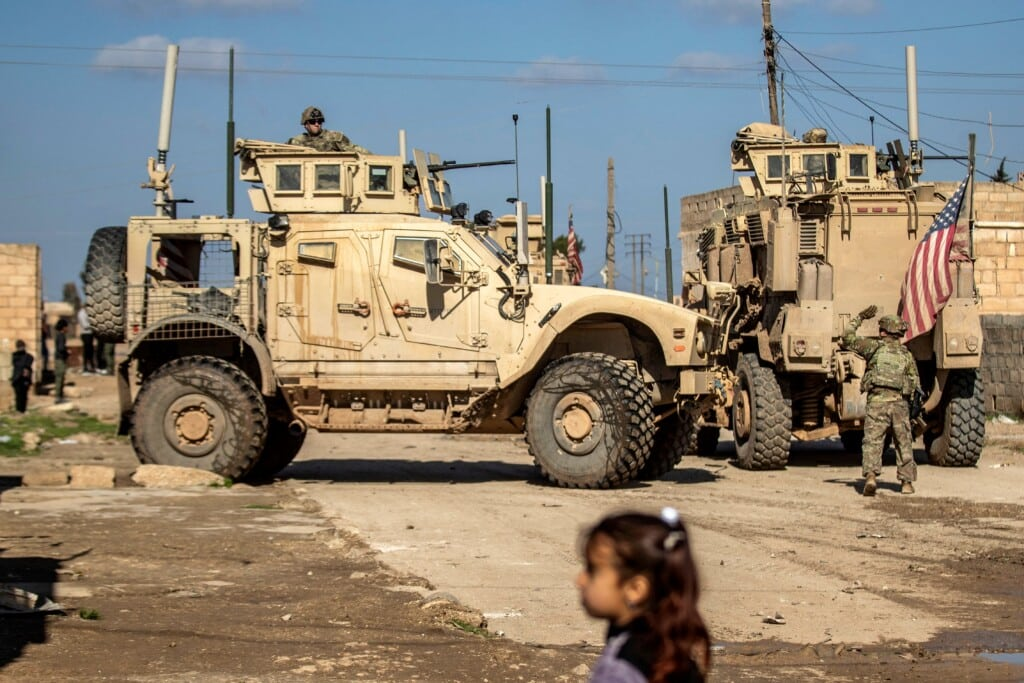
Ever since oil was first found in Persia (now Iran) in 1908, and later in Saudi Arabia (1938), the US has steadily increased its interest and presence in the region, even after the US has become energy independent. Now, despite its presidents’ statements — “US first” and “Asia first” — the US finds itself deeply involved in Middle East (ME) affairs.
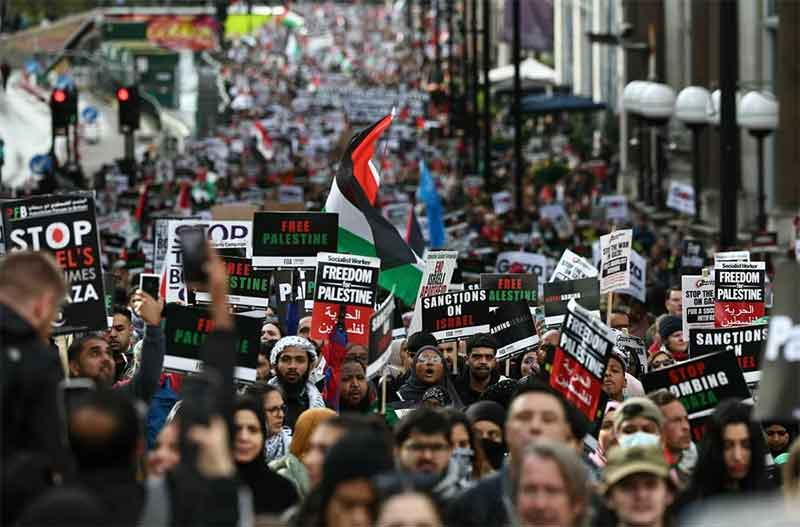
Shared thoughts, arising from deep concerns over the UK Government response to Israel’s ongoing genocide of Gaza.
As a young adult I read Kafka’s novel, ‘The Castle’. In trying to get himself heard, the protagonist is repeatedly blocked by layers of impotent clerks and ministers, as he attempts the impossible task, of trying to communicate with a regime that has elevated itself beyond reach of the ordinary person. This scenario appears to have been replicated within our current experience of dealing with government and corporations. The government and the people have grown so far apart that communication between them has all but ceased.
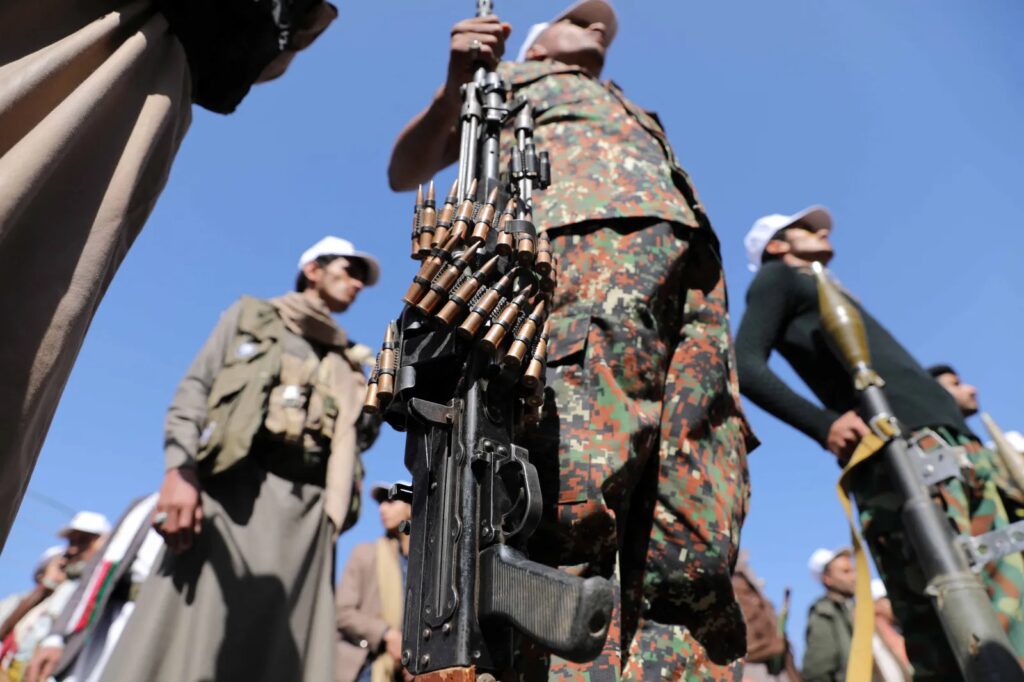
And How It Can Prevent Its Fight With the Group From Escalating
Since the Houthis launched their assault on global shipping in November, the United States and its partners have scrambled for ways to restore calm and commerce to the Red Sea. First, on December 18, Washington assembled a maritime coalition designed to boost the U.S. presence in the area and promote regional security. Then, in January, the United States started intercepting Iranian military shipments bound for the Houthis and issued multiple warnings to the group. Finally, after nearly two months of continuous attacks in the Red Sea, the United States and the United Kingdom launched a barrage of strikes against the Houthis’ facilities. But these attacks have not halted or seemingly slowed the onslaught. The group has continued to lob missiles and drones, prompting continued strikes by Washington and its allies.